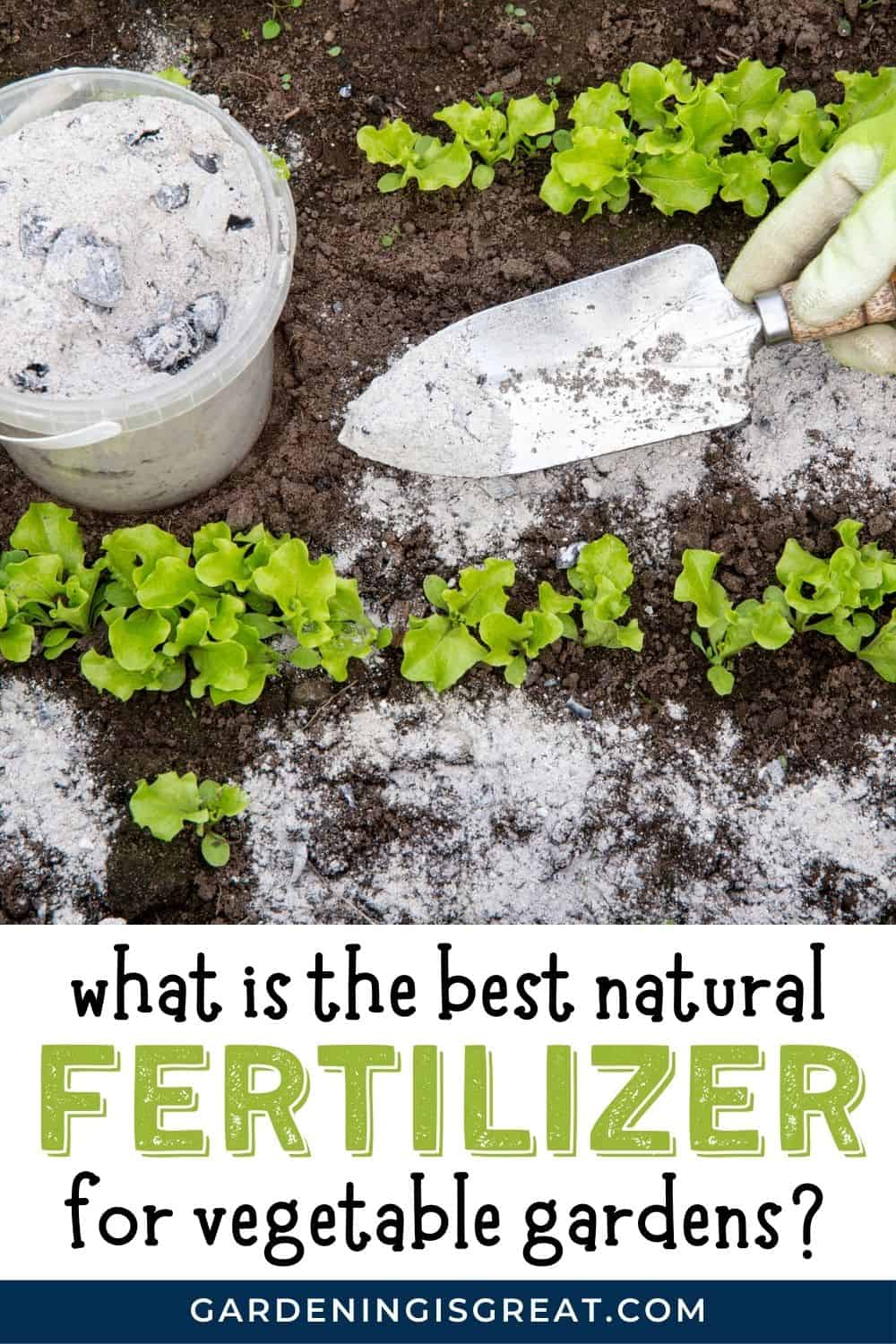Best Organic Fertilizers for Vegetable Gardens: Nourish Your Soil Naturally

Are you eager to transform your vegetable garden into a thriving, eco-friendly oasis? The secret lies beneath the surface—in the soil. Just as a balanced diet nourishes our bodies, the right organic fertilizer options for vegetable gardens can revitalize your soil and boost your harvest. Let's dive into the fascinating world of organic fertilizers and explore how they can supercharge your sustainable gardening journey.
The Magic of Organic Fertilizers
Organic fertilizers are like nature's multivitamins for your garden. Derived from plant, animal, or mineral sources, they enrich the soil with a balanced mix of nutrients. Unlike synthetic fertilizers, organic options improve soil structure, enhance water retention, and promote beneficial microbial activity. Think of it as feeding the soil rather than just the plants.
Why Choose Organic Fertilizers?
- Eco-Friendly: Organic fertilizers are gentle on the environment, reducing the risk of water pollution and soil degradation.
- Nutrient-Rich: They provide a slow, steady release of nutrients, ensuring your plants get what they need over time.
- Sustainable Gardening: By using organic fertilizers, you're supporting a sustainable cycle that benefits both your garden and the planet.
Top Organic Fertilizers for Vegetable Gardens
Compost: The Gardener's Gold
Composting is the ultimate soil amendment. It's like giving your garden a nutrient-rich, homemade smoothie. Made from decomposed organic materials like food scraps and yard waste, compost improves soil structure, increases water retention, and provides a steady supply of nutrients.

How to Use Compost:
- Spread a 2-3 inch layer of compost over your garden beds and work it into the soil.
- Apply compost as a top dressing around your plants throughout the growing season.
Manure: Nature's Powerhouse
Animal manure is a time-honored organic fertilizer. It's packed with nitrogen, phosphorus, and potassium—the essential nutrients your plants crave. Manure from herbivores like cows, horses, and chickens is ideal for vegetable gardens.
How to Use Manure:
- Apply well-composted manure to your garden beds in the fall or early spring.
- Avoid using fresh manure, as it can burn plants and may contain harmful pathogens.
Bone Meal: A Boost for Roots
Bone meal is a slow-release fertilizer made from ground animal bones. It's rich in phosphorus, which promotes strong root development and helps plants flower and fruit.
How to Use Bone Meal:
- Mix bone meal into the soil before planting or apply it as a top dressing around established plants.
- Use it sparingly, as too much can inhibit plant growth.
Fish Emulsion: Liquid Gold
Fish emulsion is a fast-acting liquid fertilizer made from fish waste. It's high in nitrogen and provides a quick boost for plants. Plus, it's a great way to recycle fish waste, making it a sustainable choice.
How to Use Fish Emulsion:
- Dilute fish emulsion with water according to the package instructions.
- Apply it as a foliar spray or soil drench every 2-4 weeks during the growing season.
Seaweed: Oceanic Nutrients
Seaweed fertilizer is a nutrient-rich option derived from various types of seaweed. It contains a wide range of micronutrients and growth hormones that stimulate plant growth and improve soil health.
How to Use Seaweed Fertilizer:
- Dilute liquid seaweed fertilizer with water and apply it as a foliar spray or soil drench.
- Use it every 2-4 weeks during the growing season.
Tips for Using Organic Fertilizers
- Test Your Soil: Before applying any fertilizer, test your soil to determine its nutrient levels and pH. This will help you choose the right fertilizer for your garden's needs.
- Follow Instructions: Always follow the manufacturer's instructions for applying organic fertilizers. Too much of a good thing can harm your plants.
- Rotate Crops: Practicing crop rotation helps maintain soil health and reduces the need for fertilizers.
Conclusion: Embrace Sustainable Gardening
Organic fertilizers are the key to unlocking the full potential of your vegetable garden. By nourishing your soil with compost, manure, bone meal, fish emulsion, and seaweed, you're creating a thriving ecosystem that supports healthy plants and a bountiful harvest. Embrace sustainable gardening practices and watch your garden flourish.

FAQs
-
What is the best time to apply organic fertilizers?
- The best time to apply organic fertilizers depends on the type of fertilizer and your garden's needs. Generally, slow-release fertilizers like compost and bone meal are best applied in the fall or early spring. Fast-acting fertilizers like fish emulsion and seaweed can be applied throughout the growing season.
-
Can I use too much organic fertilizer?
- Yes, it's possible to use too much organic fertilizer. Over-fertilizing can lead to nutrient imbalances, plant burn, and even harm beneficial soil microbes. Always follow the manufacturer's instructions and consider getting a soil test to determine your garden's specific needs.
-
Is it safe to use manure in a vegetable garden?
- Yes, it's safe to use well-composted manure in a vegetable garden. Composting manure kills harmful pathogens and makes it safe for use. Avoid using fresh manure, as it can burn plants and may contain pathogens.
-
How do I make compost at home?
- Making compost at home is easy. Start with a mix of green materials (like food scraps and grass clippings) and brown materials (like leaves and straw). Keep the pile moist and turn it regularly to aerate it. Within a few months, you'll have nutrient-rich compost ready for your garden.
-
What are the benefits of using organic fertilizers over synthetic ones?
- Organic fertilizers offer several benefits over synthetic ones. They improve soil structure, enhance water retention, and promote beneficial microbial activity. They also provide a slow, steady release of nutrients and are more environmentally friendly.
Happy gardening!
0 Response to "Best Organic Fertilizers for Vegetable Gardens: Nourish Your Soil Naturally"
Post a Comment